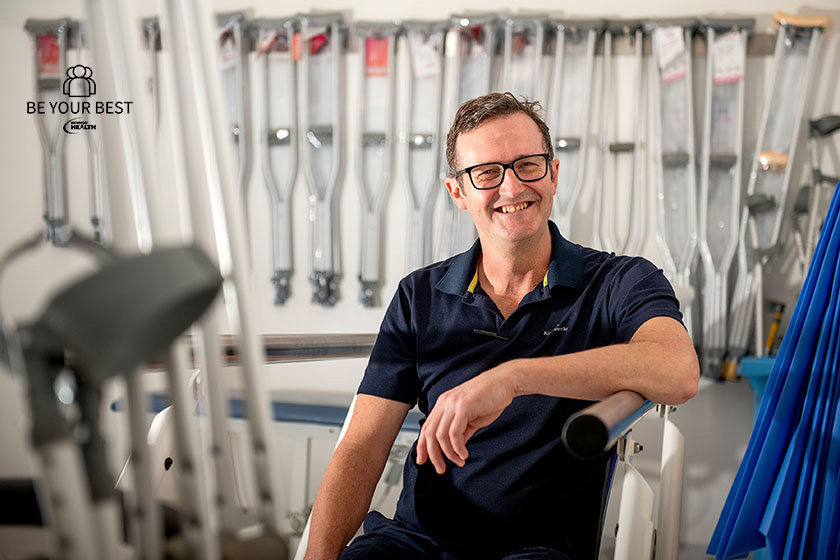
It was the sound of a bicycle colliding with a car which caused Scott Robbin’s instincts to kick in while on holiday in New York almost 12 months ago.
“I was sitting at my favourite café, just waiting to catch a plane home. I remember hearing a collision. Being a cyclist, I know the sound a bike makes when it crashes.
“I knew something wasn’t right, so I stood up to have a look, and that’s when I saw an out of control taxi run over a group of women,” he said.
Having completed specialist medical training with the Australian Medical Assistance Team (AUSMAT) two years prior, Scott said he immediately switched into the “can I assist?” mode.
“One of the women was up against a wall. Both of her legs were badly injured, and I remember yelling out for someone to give me their belt. I was able to tourniquet one of the legs, and managed to stop the bleeding for the other,” he said.
“To use those skills was career changing. I don’t normally utilise those skills, but it was good to know I was able to respond in that kind of situation and deal with the trauma, even though I haven’t been involved in an emergency deployment [with AUSMAT].”
Scott said making AUSMAT has been a highlight of his career.
“I found out about AUSMAT through a former colleague in [Bendigo Health’s] Emergency Department. She’d told me about the work she’d done with them. I knew I wanted to be involved,” he said.
“Luckily the training program was easy for me to access. There weren’t a lot of allied health professionals in the rehabilitation team at the time and I put my hand up quite early.”
So far, Scott has completed a COVID deployment in Howard Springs.
“It was intense work. It was hot, I was in full PPE and sleeping in a tent,” he said.
“That was a 14 day deployment. I was working with repatriated Australians, assessing them for mobility issues,” he said.
Scott said he hopes to be called up for a disaster deployment overseas soon, but for now he’s happy doing what he calls his “bread and butter” – working as a physiotherapist in the hospital’s ED.
“I started in the ED 13 years ago. Physio in emergency was still in its infancy; it was the beginning of extended scope of care,” he said.
And what does a typical day for an emergency physio involve?
“It can range from broken toes, ankle sprains and wrist injuries,” Scott said.
“I recently got a call from one of the registrars, who asked me to help realign a leg. We had the registrar administer the anaesthetic, the plaster tech and me, keeping the leg straight.”
“It’s all about taking on the routine injuries and improving the workflow where we can. It’s a really good team environment,” he said.
If you want to be your best with us, visit https://careers.lmhn.org.au/
Read more Be Your Best stories at https://bendigohealth.org.au/beyourbest